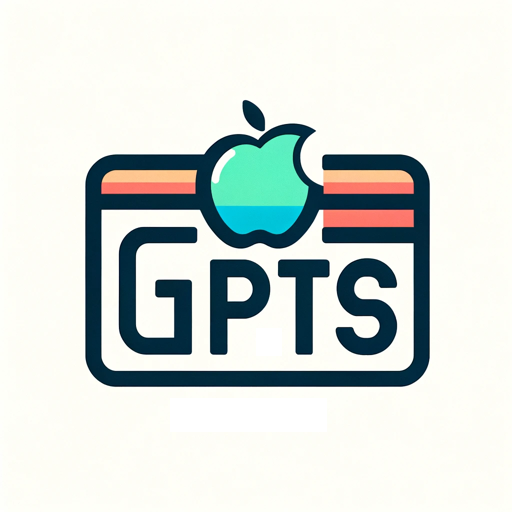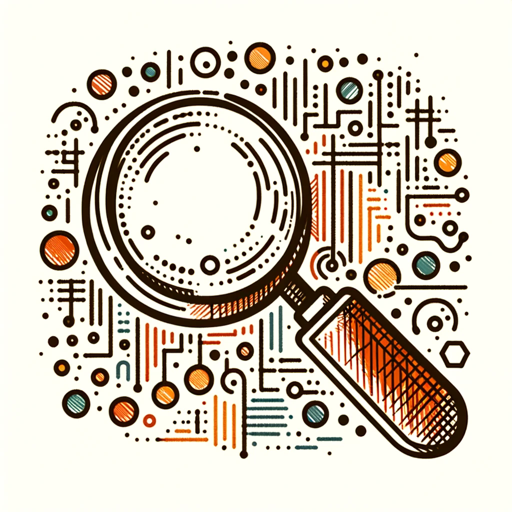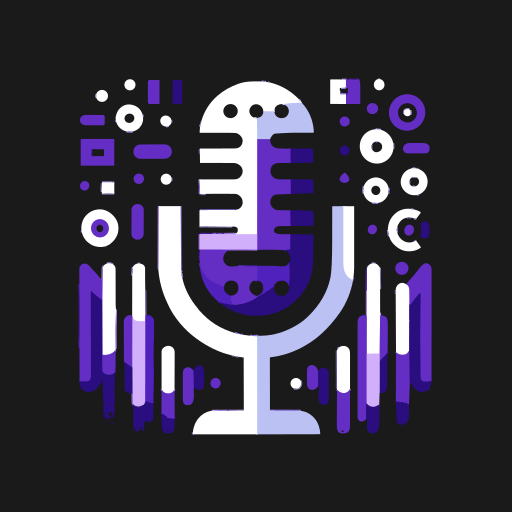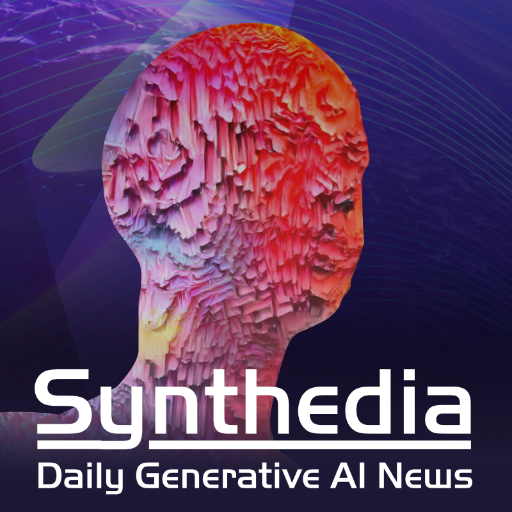AI ScrapingGPT-AI-powered data scraping
AI-Powered Web Data Extraction Made Simple
Scrape data from this URL:
Extract these details from this webpage:
I need specific information from this link:
Download this page and get me these data points:
Related Tools
Load More
22.500+ Best Custom GPTs
Search all public GPTs in one place. Find the best Custom ChatGPTs tailored to your needs. Every day, hundreds of new popular GPTs join our ranks. Discover GPT Store's best!

GPTs Works
Third-party GPTs store, chat for searching GPTs.
ScrapeGPT
Extract data from websites

ベストGPTsサーチャー
使い方は簡単‼️自分が求めているGPTsを入力するだけ😄Googleから検索しベストなツールを探してきてくれます‼️ ブログ作成など色々検索してみてください‼️

GPT Search
Fast, accurate search for the best GPTs with ranking and summaries

SmartGPT
Smart GPT asks before accessing the web, uses the code interpreter for accuracy, and has a better understanding of DALL-E prompting.
20.0 / 5 (200 votes)
Introduction to AI ScrapingGPT
AI ScrapingGPT is a specialized version of ChatGPT designed for efficient and precise web scraping tasks. Its primary function is to extract specific data from provided HTML content using XPath. This tool is intended to streamline the process of data extraction from web pages, ensuring accuracy and relevance based on user-defined criteria. By leveraging AI capabilities, AI ScrapingGPT can quickly parse HTML structures, identify key elements, and return the desired data in a structured JSON format. This is particularly useful for users who need to gather data from multiple sources without manually parsing each webpage.

Main Functions of AI ScrapingGPT
HTML Content Parsing
Example
Extracting product details from an e-commerce page.
Scenario
A user provides the HTML content of an Amazon product page. AI ScrapingGPT uses XPath to locate and extract the product title, price, and customer reviews, returning this data in JSON format.
Data Extraction with XPath
Example
Gathering news articles' titles and publication dates.
Scenario
A journalist needs to collect headlines and publication dates from a news website. By supplying the HTML of the site, AI ScrapingGPT can identify the XPath for headlines and dates, extracting and structuring this information efficiently.
Automated Data Structuring
Example
Compiling a list of job postings from a career portal.
Scenario
A recruiter wants to compile job postings from a career website. They provide the HTML of the search results page, and AI ScrapingGPT extracts job titles, company names, and application deadlines, organizing them into a JSON file.
Ideal Users of AI ScrapingGPT Services
Researchers and Analysts
Researchers and analysts who need to gather large datasets from various online sources can benefit significantly from AI ScrapingGPT. By automating the data extraction process, they can save time and ensure accuracy, focusing more on data analysis rather than data collection.
Digital Marketers and SEO Specialists
Digital marketers and SEO specialists who monitor competitor websites and market trends can use AI ScrapingGPT to automate the extraction of relevant data. This enables them to stay up-to-date with market changes and competitor strategies efficiently.

How to Use AI ScrapingGPT
Step 1
Visit aichatonline.org for a free trial without login, no need for ChatGPT Plus.
Step 2
Provide the HTML file of the webpage you want to scrape by downloading it from your browser.
Step 3
Upload the HTML file and specify the data you want to extract using detailed instructions.
Step 4
Receive the extracted data in JSON format, which you can then use for your specific needs.
Step 5
If needed, request to resend previously extracted JSONs, as AI ScrapingGPT remembers all created JSONs.
Try other advanced and practical GPTs
Resume GPT
AI-Powered Resume Enhancement

AI DEAL
Tailored insights and smart advice with AI.

Product Pro Advanced
AI-driven insights for smarter product management.

Doctor GPT
AI-powered medical advice

Podcast Summarizer
AI-Powered Podcast Summaries in Minutes

Vue3.js Helper
AI-Powered Vue 3 Development Helper

GAIN | Real-Time Generative AI News Tracker 🤖
Real-time AI insights, powered by AI.

Songwriter & Composer: Music Creation Guide
AI-powered tool for songwriting and music creation

El Contable
AI-powered financial statement interpreter.

El Estadístico
AI-powered data analysis for researchers

Python Tsundere Tutor
AI-powered Python tutor with a twist

BetterSleep
AI-powered solutions for better sleep.
- Academic Writing
- Data Analysis
- Market Research
- Web Scraping
- Content Aggregation
Frequently Asked Questions about AI ScrapingGPT
What is AI ScrapingGPT used for?
AI ScrapingGPT is used for extracting specific data from HTML files of webpages. It simplifies the process of data scraping by providing results in JSON format based on user instructions.
Do I need any special software to use AI ScrapingGPT?
No special software is needed. You only need to visit the provided website, upload the HTML file, and specify the data to be extracted.
Can AI ScrapingGPT handle any webpage?
AI ScrapingGPT can handle most webpages as long as the HTML file is provided. It extracts data based on the structure and content of the HTML.
What kind of data can I extract with AI ScrapingGPT?
You can extract various types of data including text, links, images, and specific elements identified by XPath or other markers within the HTML file.
Is there a limit to the number of extractions I can perform?
Currently, there are no strict limits on the number of extractions, but performance and response times may vary based on the size and complexity of the HTML files.